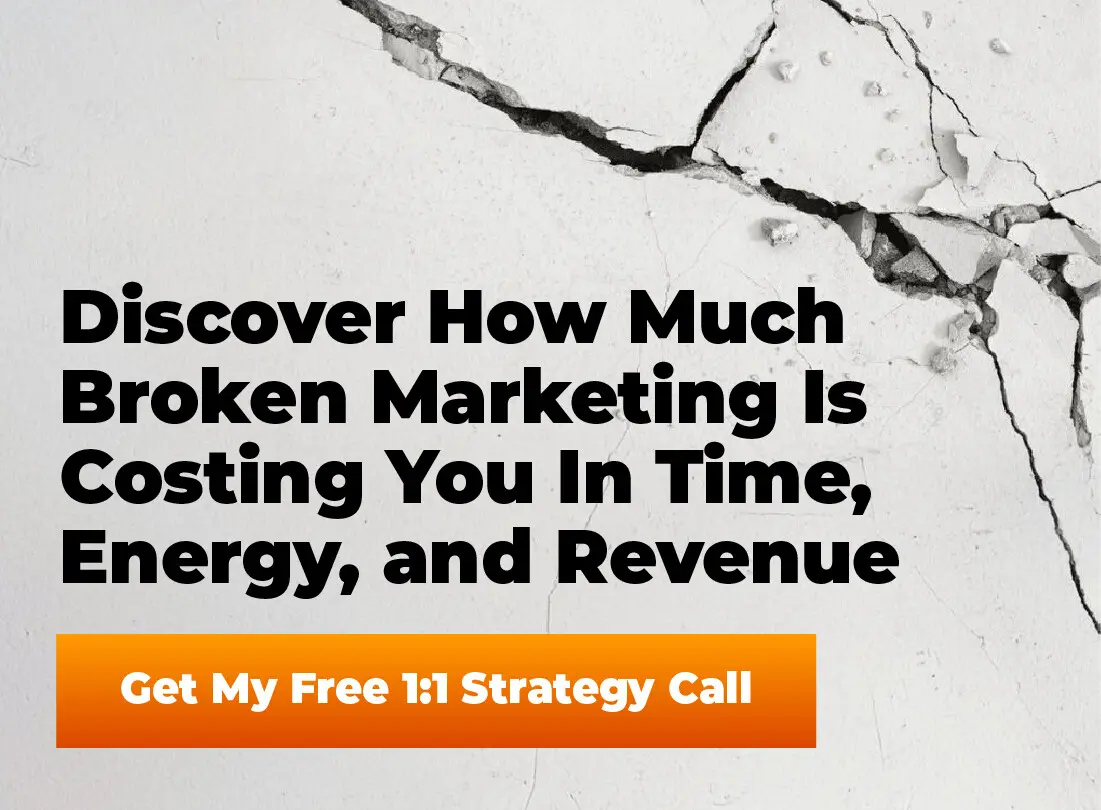In today’s digital world, businesses no longer succeed with outdated marketing methods or by simply having a basic online presence. Digital marketing has become essential, and within that realm, two powerful strategies stand out: SEO and content marketing. Though they are often discussed separately, these two strategies are most effective when combined into a cohesive digital growth plan.
Table of Contents
When SEO (Search Engine Optimization) and content marketing work hand-in-hand, they create a dynamic synergy that drives visibility, authority, and sustained business growth.
Understanding the Basics: SEO and Content Marketing Defined
Before diving into the synergy between SEO and content marketing, it’s important to understand what each term means.
Search Engine Optimization (SEO) is the practice of optimizing your website so it ranks higher on search engines like Google. It involves keyword research, technical optimization, link building, mobile responsiveness, and page speed improvements, among other elements. The goal is to increase organic traffic by ensuring your site appears when people search for terms related to your business.
Content marketing, on the other hand, involves creating and distributing valuable, relevant, and consistent content to attract and retain a clearly defined audience. This includes blog posts, videos, infographics, case studies, podcasts, and more. The goal of content marketing is to educate, inform, and build trust with potential customers over time.
When executed correctly, SEO ensures that your content is discoverable, and content marketing ensures that the content is valuable enough to retain the audience SEO brings in.
How SEO and Content Marketing Work Together
Although SEO and content marketing are distinct disciplines, they are intrinsically linked. Here’s how they operate as a perfect match:
1. Content Fuels SEO
Without content, there is nothing to optimize. SEO depends on content—whether blog posts, landing pages, or service descriptions—to insert keywords, answer search queries, and provide value to readers.
Every keyword you want to rank for must live somewhere on your website. This is where content marketing comes into play. It gives SEO something to optimize by creating rich, targeted content that satisfies user intent. For example, if you want to rank for “affordable web design for small business,” you need a piece of content that addresses that topic in a valuable way.
2. SEO Guides Content Strategy
While content fuels SEO, SEO also directs your content marketing strategy. It provides a roadmap for what topics to write about and how to structure content for better visibility.
By conducting keyword research, analyzing competitors, and evaluating search trends, you can determine what content your audience is searching for and tailor your strategy accordingly. SEO helps you understand the questions your audience is asking so your content can answer them.
For instance, let’s say keyword research reveals a high search volume for “how to grow your business with local SEO.” That insight can guide your content team to create a blog post, video, or downloadable guide on that exact topic.
3. Quality Content Earns Backlinks
Backlinks—links from other websites to yours—are a key SEO ranking factor. But sites won’t link to you just because you exist. They’ll link to content that is high-quality, insightful, and valuable to their readers.
Content marketing is the primary way to earn those links organically. By publishing in-depth guides, research-based articles, infographics, or industry insights, you increase the likelihood that others will reference your content, thereby boosting your domain authority and search rankings.
4. User Experience (UX) Matters to Both
Google’s algorithm increasingly values user experience. Content that’s hard to read, slow to load, or confusing to navigate won’t perform well, regardless of how well-optimized the keywords are.
Content marketing emphasizes clarity, readability, and value—all of which contribute to a better UX. SEO then ensures that this content is organized properly with optimized metadata, internal links, mobile responsiveness, and quick load times.
This collaboration ensures that once users land on your page, they have a smooth experience that encourages them to stay longer and engage further—both of which are positive signals to search engines.
The Long-Term Benefits of Aligning SEO and Content Marketing
When SEO and content marketing are fully integrated, the benefits multiply over time:
Increased Visibility and Traffic
Optimized content ranks higher in search engine results pages (SERPs), meaning more potential customers find your business organically. Over time, consistent publication of SEO-optimized content can snowball into substantial traffic growth.
Higher Conversion Rates
Content marketing builds trust. When visitors read informative blog posts, case studies, or FAQs on your website, they are more likely to see your business as an authority. Coupled with SEO tactics that target the right audience at the right stage of the funnel, this trust converts into sales, leads, or other valuable actions.
Better Brand Authority
By producing content that ranks well and provides value, your business becomes recognized as an expert in your field. This brand authority makes you the go-to source in your industry and leads to more backlinks, shares, and referrals—all of which contribute to better SEO.
Cost Efficiency
Compared to paid advertising, SEO and content marketing provide long-term value. While they require upfront time and investment, their effects build over time. A well-optimized blog post can generate traffic and leads for years with little ongoing cost.
Key Tactics to Combine SEO and Content Marketing Effectively
If you want to see real results, you need a strategy that weaves SEO and content marketing into one framework. Here are a few tips for achieving that:
Start with Keyword Research
Every content plan should start with SEO keyword research. Use tools like Google Keyword Planner, SEMrush, or Ahrefs to identify the terms your audience is searching for. Focus on long-tail keywords, informational queries, and commercial search terms.
Map Keywords to Content Types
Not every keyword needs a blog post. Some might be better suited to landing pages, product pages, or even FAQ sections. Match your keyword intent to the right format.
- Informational queries = blog posts or guides
- Transactional queries = service pages or product listings
- Navigational queries = homepage or contact page
Optimize Content from the Ground Up
Once your content is written, optimize it thoroughly:
- Include the keyword in the title, meta description, and headers
- Use internal links to guide users through related content
- Add schema markup where appropriate
- Include high-quality images with alt text
Update and Refresh Old Content
SEO is not a one-and-done task. Go back and update old blog posts or landing pages to reflect new information, target new keywords, or improve formatting. This helps maintain rankings and relevance.
Promote Your Content
Even the best content won’t drive results if no one sees it. Promote it through social media, email newsletters, and backlink outreach. Remember, the more engagement your content receives, the stronger the SEO signal.
Real Results Require Real Expertise
While it’s possible to DIY your SEO and content marketing strategy, achieving maximum impact usually requires expert input. Why? Because algorithms evolve, search trends shift, and your competitors aren’t standing still.
That’s where BizIQ comes in.
Let BizIQ Help You Grow
At BizIQ, we understand the symbiotic relationship between SEO and content marketing better than anyone. Whether you’re a small business looking to dominate your local market or a larger enterprise seeking national visibility, we offer tailored digital marketing solutions that drive measurable results.
From local and organic SEO to pay-per-click (PPC), social media management, and website design and development, our experienced team provides all the tools you need to elevate your online presence. We take the guesswork out of digital strategy and deliver real, bottom-line growth.
Want to know how your current digital strategy stacks up? Contact us today for a full analysis and a customized quote. At BizIQ, we’re more than marketers—we’re your partners in growth.











